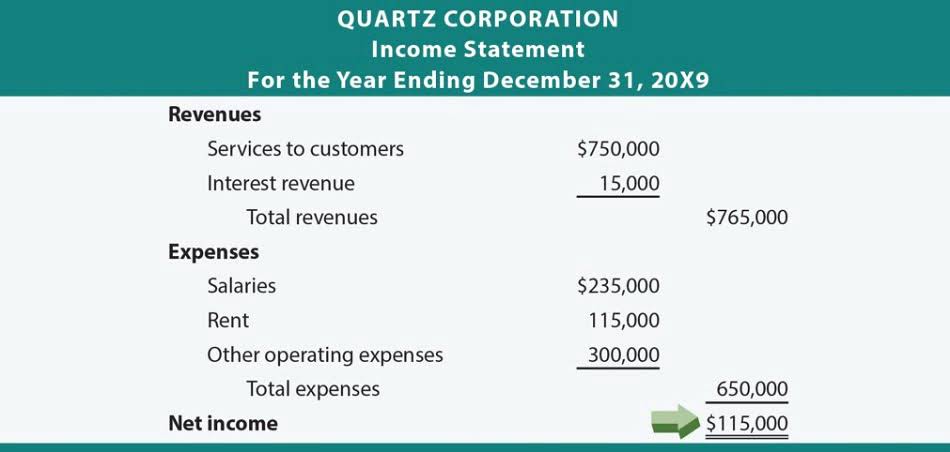
It segregates funds by their intended use allowing the church to demonstrate high levels of compliance and financial accountability. Accrual accounting provides more insight into budgeting and financial planning, but it is more complex to manage. However, it is recommended for churches that align with GAAP principles. ChurchShield is your destination for church accounting, payroll, and other compliance needs. We have extensive experience, know industry best practices, and are well versed in the needs of churches. While bookkeeping and accounting utilize similar concepts, accounting can give a more thorough view of the church’s financial position.
Clear cash flow,easier church management
Financial statements ensure you’re using donations correctly and limit the chance of auditing. Transparent financial reports also help build trust with your donors and the community. A church bookkeeper can help you manage everything from simple budgeting to complex compliance Legal E-Billing concerns. This process entails knowing the ins and outs of bookkeeping and getting to know your church to better understand how you uniquely handle your finances.

Best Practices for Church Bookkeeping

By comparing actual expenses against budgeted amounts, churches can identify areas of overspending and underspending and make adjustments as needed. A fund is a balance of money that’s designated for a specific ministry purpose. These are restricted funds because the money can only be used for it’s designated purpose. Gather monthly statements from every account your church holds going back as many months as you need. We recommend gathering every statement from every month going back to the beginning of the current year, but having at least the most recent month’s statement(s) is a decent place to start.
- You need someone able to explain your numbers to you in a concise and life-giving way.
- For example, you may have to pay extra for payroll processing.
- That’s why we’re here to offer church accounting services, church payroll services, and church accounting software services that help tell your church’s story well so that every dollar stays on mission.
- Churches need to make sure they have enough money to do everything they want to do throughout the year.
- Church accounting is also preferable when considering the need for church leadership to be able to review the financial standing of the church year over year.
- The main difference between business accounting and church accounting is the net income of the church is used to further the mission spelled out in the bylaws, not for personal gain.
Benefits of Fund Accounting
The Account Cloud Success Team is here to help you accomplish your goals with educational materials that can provide best practices, tips on how to use our software, and examples to inspire you. The bookkeeper you hire must be able to master the following skills. Here are some other ways to manage finances with limited resources. If members receive reports they don’t understand, it could breed distrust. You can make reports clearer by inserting notes that explain complex sections.
Your donors aren’t far away entities looking for a tax write-off. They’re your family, and you’ll see them at church accounting least once a week. You need to show them that their money is in good hands and being used to further the mission you both value.

Cloud Books 365 simplifies accounting for entrepreneurs and small businesses. From invoicing to expense tracking, our cloud-based software empowers you to focus on growth. Look for platforms that integrate with church management systems and online giving programs.
Paper-free record keeping
- Failing to maintain proper documentation can lead to audits, penalties, and the loss of tax-exempt status.
- It breeds a sense of church financial transparency between your members and your team.
- Most church leaders are concerned with ministry, not financial management.
- He is registered with the IRS as an Enrolled Agent and specializes in 501(c)(3) and other tax exemption issues.
- Fund accounting helps churches sort income by how it’s collected and used.
In addition to the financial benefits that come from not paying taxes, 501(c)(3)status builds trust in your congregation and community. Tax-exempt status tells people they can trust you because you aren’t looking to get rich CARES Act off of their contributions. They’ll trust you with their dollars because you share a common mission and have been approved, by law, to be a legitimate nonprofit organization. This is one of the biggest differences between a nonprofit and a for-profit business.
